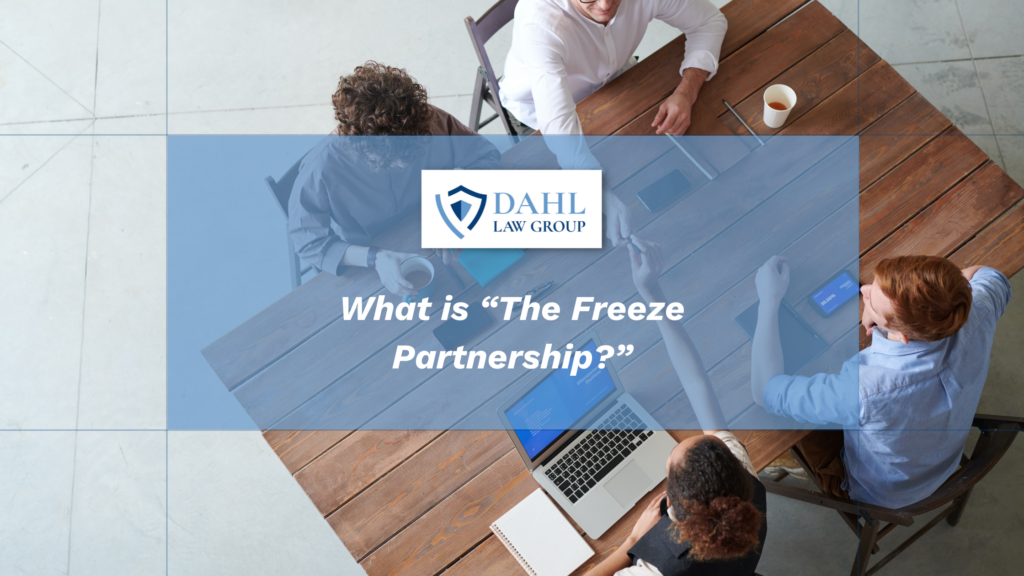
Your estate plan needs to execute the transition of wealth from one generation to the next in a tax-efficient manner. Attempting to just force all assets through a simple will without consideration of more money-conscious actions fails your legacy and those you are passing this legacy onto.
The Freeze Partnership is one such technique that stands out because of its unique approach to transferring wealth while minimizing estate taxes. This asset management strategy assigns two ownership interests – a preferred and a common interest. What this means for the eventual transfer is crucial for saving both parties from a higher tax burden.
Understanding the Freeze Partnership Structure
As noted, the Freeze Partnership is characterized by two distinct classes of interests: the preferred and common classes. Senior partners—typically family members or the original owners of an asset (often parents)—contribute assets to the partnership. Owning real estate and having ownership stakes in partnerships or LLCs, stocks in operating companies, and securities portfolios are prime examples. The preferred owners, referred to preferred partners, receive fixed annualized returns and have priority over common interest holders in the event of liquidation, allowing them to maintain control over the assets and secure a steady income stream. This lays the groundwork for an efficient transfer of wealth.
Conversely, junior partners, often the next generation or designated beneficiaries (often children), contribute cash or other assets in exchange for what is referred to as common interests. These interests provide the common partners with any excess beyond the annual fixed interests allocated to the preferred owners. This setup not only safeguards the financial stability and control of preferred partners, but also promotes the transfer of wealth through asset appreciation.
Compliance and Strategic Advantages
For a Freeze Partnership to be effective, it must comply with Section 2701 of the Internal Revenue Code. This ensures that preferred interests are valued appropriately, preventing undue shifts in value to other interests. Effectively, it minimizes any gift tax implications of transfers to common partners. Compliance requirements stipulate that preferred returns must be cumulative and paid annually at a market rate determined by a qualified appraiser. The value of the common interests must represent at least 10% of the total value of the partnership, including any debts owed to preferred partners.
This strategic framework enables preferred partners to effectively leverage their lifetime estate and gift tax exemptions. It facilitates the transfer of asset appreciation to common partners (children), making it a suitable strategy for families with appreciable assets. The freeze partnership allows the next generation to benefit without compromising preferred partners’ (parents) financial security or control.
Why Consider a Freeze Partnership?
The freeze partnership is a highly strategic option for estate planning, especially for families with appreciating assets concerned about future estate taxes. Its structure offers flexibility, control, and tax efficiency, rendering it an attractive option.t However, given its complexity and the stringent requirements of Section 2701, it’s essential to approach this strategy with careful planning and professional guidance.
Take Advantage of a Freeze Partnership with Dahl Law Group
We encourage you to schedule a consultation to explore how a freeze partnership might fall into your estate planning strategy while ensuring you comply with current tax laws. Our team provides custom advice and will help you achieve your wealth transfer goals effectively.
Dahl Law Group
Latest posts by Dahl Law Group (see all)
- You Should (Almost) Never Hold Real Estate in a Corporation - April 4, 2025



